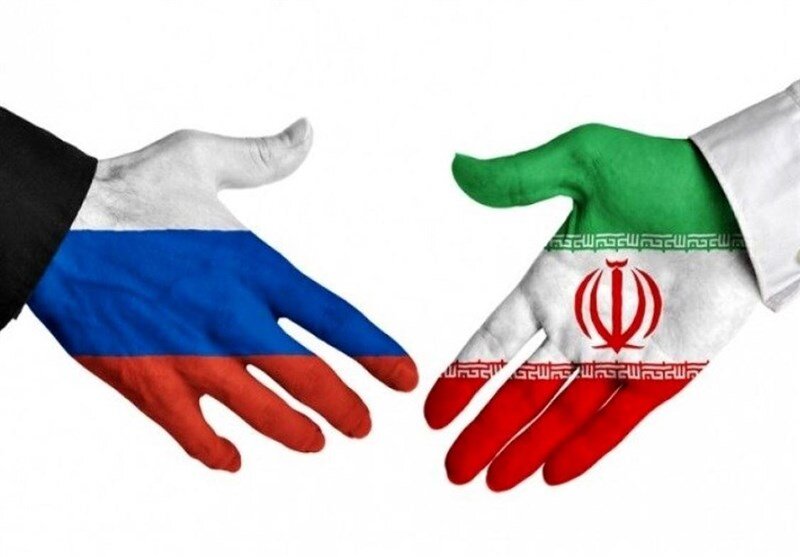Russia, Iran almost completely shift to national currencies: Kremlin

TEHRAN – Iran and Russia have been using national currencies in more than 96 percent of their mutual payments, the Kremlin’s press service said on the verge of the meeting between presidents of the two countries to be held on the sidelines of the BRICS Summit in Kazan.
"The leadership of both countries pay priority attention to the development of trade and economic ties. Growth of mutual trade in 2023, despite a certain decline, totaled over $4.0 billion. We record growth of 12.4 percent as of the end of January - August. The share of national currencies in mutual payments is over 96 percent," the press service informed.
Russia and Iran are implementing several large-scale mutual projects in the sphere of transport and energy, the Kremlin said. The North-South international transport corridor project is being developed. Russian-Iranian relations are on the rise, the press service noted.
According to the Islamic Republic of Iran Customs Administration (IRICA), the value of Iran’s non-oil exports to Russia rose 12 percent in the first six months of the current Iranian calendar year (March 20-September 21) compared to last year’s first half.
According to the IRICA data, Iran exported 1.3 million tons of commodities worth over $494 million to Russia in the first half of the current Iranian year.
Non-oil exports to the Russian Federation also increased by 20 percent in terms of weight.
In the first half of the current Iranian year, foreign transit through Iran from Russia reached 526,000 tons with a growth of 17 percent, and foreign transit to Russia was 56,000 tons, which decreased by 18 percent.
The Islamic Republic had exported 2.2 million tons of commodities worth $965 million to Russia in the previous Iranian calendar year (ended on March 20), which also registered a 54-percent increase in weight and a 28-percent rise in value.
The main Iranian products exported to Russia in the previous year were fresh or dried pistachios, ordinary non-expandable polystyrene, fresh kiwi and synthetic fibers, and other types of polyester.
Iran and Russia have been taking serious steps to boost their mutual trade over the past few years.
In late January, Iran’s late President Ebrahim Raisi said that the Islamic Republic and Russia have reached an agreement to boost the trade between the two countries up to $10 billion.
“We agreed to remove trade barriers and boost the economic exchanges between the two countries. Currently, the level of mutual trade is not acceptable, so the two countries agreed to increase trade to $10 billion a year,” Raisi said on January 21, upon arrival to Tehran after a two-day visit to Moscow.
He also noted that the two sides also discussed monetary and banking issues during his talks with Russian officials.
The two countries also agreed to identify mutual agricultural capacities as well as suitable areas for the exchange of agricultural products in order to increase the level of trade in the agricultural sector, according to the official.
He went on to say that the Islamic Republic of Iran has very good capacities in the field of transit and transportation, saying: “During this visit, it was agreed to activate the north-south corridor. This transit route will make the time and distance of transiting goods from Russia and different northern countries to the southern regions much shorter.”
EF/MA
